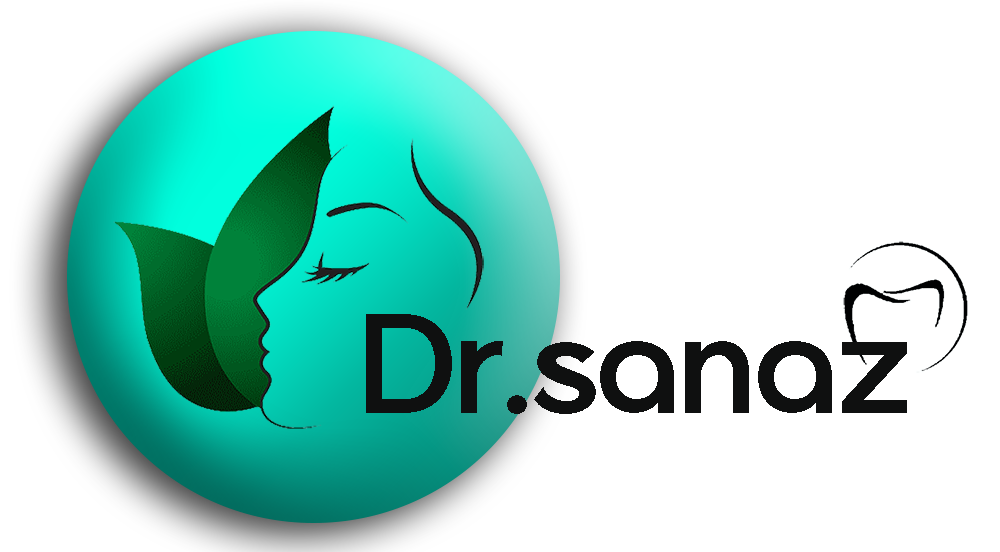

Congestive Heart Failure Treatment / Expert Strategies
Table of Contents
congestive heart failure is a long-term disease in which the heart cannot pump blood enough to meet the needs of the body, and in this condition, the heart can damage other organs and cause fluid accumulation in the lungs.
To treat this disease, exercise and medicine are used first, and if this disease worsens, surgical treatment will be one of the possible treatment options.
In its research, the American Heart Association found that 55,000 people die directly, and 23,000 people die indirectly from heart failure or its complications every year in the United States.
Reading the “What Is The Easiest Way To Treat A Fever?” recommended.
In this article, we will examine the best treatment options in the different stages of this disease from “drhealthandbeauty”, and at the end, we will answer the challenges that may concern your mind.
Each stage has special treatment requirements.
Your heart failure may have been diagnosed in the early stages and your physical condition is in such a way that you can control the course of the disease by following some tips and changing your lifestyle.
According to Dr. Larry Allen, a prominent researcher at the Duke Research Institute, which was published in the Journal of the American Medical Association, “The patient’s understanding of the prognosis and the time of diagnosis is important because in the treatment process, the drugs used, the chosen treatment method, as well as the patient’s condition throughout life. After that, their care is effective.”
But if you don’t diagnose it in time or if you don’t use proper treatments, its condition may get worse, and the disease will progress.
Reading the “this” recommended.
The important thing to consider is that congestive heart failure cannot be cured, and the heart cannot be restored to its original state.
The goal of multiple treatment options is actually to keep the stages of the disease stable and to slow down its progress.
Treatment methods are different depending on the stage of the disease.
Treatment of congestive heart failure (first stage)
People who are in the first stage have neither symptoms nor have been infected yet. In fact, the risk of infection in these people is high.
Reading the “How Do You Know If Pneumonia Is Viral Or Bacterial?” recommended.
The usual treatment plan for them includes the following:
- Regular exercise, physical activity, daily walks
- quit smoking
- High blood pressure treatment
- Low sodium diet (don’t eat salt)
- Treatment of high cholesterol (do not eat high-fat foods)
- No alcohol consumption
- Use of angiotensin-converting enzyme (ACE-I) inhibitor drugs for coronary artery patients
- Use of angiotensin 2 receptor blockers (ARB) for coronary patients
- Taking beta blockers in case of high blood pressure
.
Related: “Sertraline, Unlocking The Mysteries/ Benefits vs Risks“
In general, if you are prone to heart failure (or even if you are not but want to live a healthy life), you need to change your lifestyle.
The use of salt in foods and a high-fat diet is the enemy of health, especially for heart patients. Eat healthy food as much as you can, exercise and stay away from stress and pressure.
In addition, if you are taking medicine for a certain disease and are being treated, it is better to consult your doctor regularly and take your medicine regularly.
Reading the “How To Treat COPD Symptoms? Are You Struggling To Breathe?” recommended.
Treatment of congestive heart failure (second stage)
At this stage, the person has contracted the disease, but its symptoms have not yet appeared. To control congestive heart failure at this stage, it is necessary to observe the following:
- All treatments recommended in the first stage
- Use of angiotensin-converting enzyme (ACE-I) inhibitors
- Use of angiotensin II receptor blockers (ARB)
- Taking beta-blockers: If you have a history of heart attack or ejection fraction, 40% or less.
- Aldosterone antagonist use: If you have a history of heart attack, diabetes or mutational deficit of 35% or less
- Surgery to treat coronary artery blockage, heart attack, valvular heart disease (valve repair or replacement), or congenital heart disease.
.
Reading the “What Are Whooping Cough’s Early Symptoms” recommended.
Treatment of congestive heart failure (third stage)
In the third stage, the disease is aggravated and requires more treatment programs. Treatments likely to be prescribed at this stage include:
- Recommended treatments in the first and second stages
- Taking beta blockers
- Aldosterone antagonist use
- use of hydralazine and nitrate combination; If other treatments do not stop the symptoms
- taking drugs that reduce heart rate; In case of heart rate more than 70 beats per minute
- Taking diuretics (water pills) if the symptoms persist
- Restriction of sodium (salt) in the diet
- Daily weight check and report to specialist doctor
- Use of diuretics
- The possibility of using a biventricular pacemaker
- Possible treatment with an implantable cardiac defibrillator (ICD)
.
Some of these treatments are usually not stopped even if they work to prevent the disease from entering stage IV or advanced disease.
Reading the “How To Prevent Pulmonary Hypertension Naturally? ” recommended.
Treatment of congestive heart failure (advanced)
Prescribed treatments for patients with advanced congestive heart failure include all of the items recommended in stages I, II, and III, while depending on the patient’s condition and disease progression, the following may also be recommended:
- Heart transplant
- Use of ventricular assist devices
- Open heart surgery
- Continuous intravenous infusion of inotropic drugs
- Palliative or hospital care and treatment
Is it possible to prevent congestive heart failure?
The answer to this question comes first of all due to congestive heart failure. It is obvious that if the cause of the disease is such as congenital defects in the heart or key cardiovascular diseases, it cannot be prevented.
However, things can be done to control congestive heart failure and prevent it from progressing further.
First of all, you should have a healthy lifestyle. With a series of small changes in diet and daily activities, the probability of heart failure decreases. Some of these changes are listed below:
- Weight control so you don’t get overweight and obese
- Having a regular and correct exercise
- Avoid consuming saturated fats
- No simple sugars
- Eliminate salt and alcohol as much as possible
- Quit smoking and drugs
- Reducing stress and mental pressure
- Adequate rest and sleep
- Use of fruits, vegetables and healthy and fresh foods
In addition, if you are prone to congestive heart failure or have an underlying disease, you can prevent the occurrence of congestive heart failure to some extent by taking certain medications in consultation with a cardiologist.
Recommended: “What Are The Symptoms Of Pulmonary Embolism?“
How quickly does heart failure progress?
Congestive heart failure is a chronic and progressive disease, which means that if it is not diagnosed and treated in time, it will progress quickly.
But the good news is that with proper diagnosis and treatment, which can be through drugs, lifestyle changes, or cardiac rehabilitation, we can slow down its progress and manage its symptoms, and in some cases.
It has been seen that in the early stages of congestive heart disease if timely diagnosis and appropriate treatment are adopted, it can reverse the process.
.
Does the treatment really work?
If congestive heart disease is diagnosed in the early stages of this disease and an effective treatment is prescribed, it can be cured, but it is usually not cured forever and requires lifelong medication and compliance with some points.
But if this heart failure reaches advanced stages without being diagnosed, it must be accepted that this disease cannot be cured and the heart cannot be restored to its original state.
The goal of treatment at this stage is actually to keep the stages of the disease stable and to slow down its progress.
How long can a person live with congestive heart failure?
Science always and everywhere helps people, and in this case, it is not ineffective.
Today’s more advanced treatments help to increase the life span of these patients, but in the research conducted, 50% of the patients with heart failure will die for life.
They experience more than 5 years, but in more severe cases, when failure appears in an advanced form, 90% of patients with advanced failure have a lifespan of less than one year.
Conclusion
Congestive heart failure leads to the accumulation of fluid in the body, and this accumulation is called congestive heart failure.
This accumulation in the lungs causes shortness of breath and difficulty for the patient, which becomes more severe during sleep.
If drug therapy does not lead to recovery or treat the disease, or if you have just seen a doctor when the disease is advanced, you will most likely need a surgical intervention. For this purpose, your doctor may perform angioplasty treatment.
Angioplasty is a procedure in which blocked arteries are surgically opened. Valve repair surgery may also be considered to help the valves open and close.

